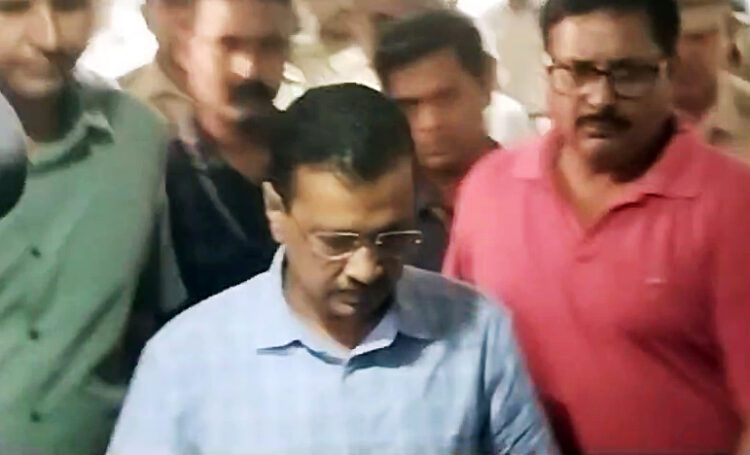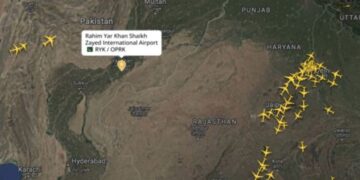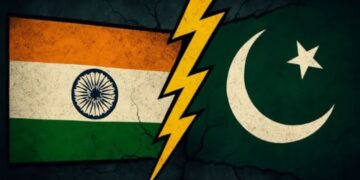The Rouse Avenue Court of Delhi on Saturday sent Delhi Chief Minister Arvind Kejriwal to judicial custody till July 12 in connection with the excise policy case. The decision was made by Vacation Judge Sunena Sharma following a request by the Central Bureau of Investigation (CBI).
Advocate DP Singh, representing the CBI, argued for Kejriwal’s judicial custody, stating that Kejriwal had been uncooperative during police custody and provided evasive responses contrary to the evidence. The CBI alleged that Kejriwal failed to explain the increase in profit margins for wholesalers from 5% to 12% under the new Delhi Excise Policy 2021-22 without any justification.
Furthermore, the CBI highlighted that during the peak of the second wave of COVID-19, the revised excise policy was approved hastily, coinciding with meetings between Kejriwal’s associate, Vijay Nair, and key figures in the liquor industry. The CBI also accused Kejriwal of evading questions regarding alleged illicit funds amounting to Rs. 44.54 crores used in the Goa Assembly Elections by his party.
The CBI contended that Kejriwal, as a prominent politician, could influence witnesses and tamper with evidence. They also noted that further custodial interrogation was not required at this stage.
Earlier, on June 26, Kejriwal was placed in three-day custodial remand by the Vacation Judge. At the end of this period, CBI produced Kejriwal in court, with several AAP leaders, including his wife Sunita Kejriwal, present.
During the previous hearing, Kejriwal addressed the court, denying allegations against him and Manish Sisodia, claiming that CBI sources were spreading false information to malign their reputation. The court acknowledged his statement, clarifying that he had not implicated Sisodia.
Senior Advocate Vikram Chaudhari, representing Kejriwal, opposed the CBI’s remand application, questioning the timing and validity of the arrest. He argued that CBI’s claims of evasive replies were unjustified as they sought a confession of guilt.
On June 2, the CBI had arrested Kejriwal after the Vacation Judge permitted his examination in court. The Delhi High Court recently stayed Kejriwal’s bail order, emphasizing the need for the trial court to fulfill the twin conditions of section 45 of the Prevention of Money Laundering Act (PMLA) before granting bail.

















Comments